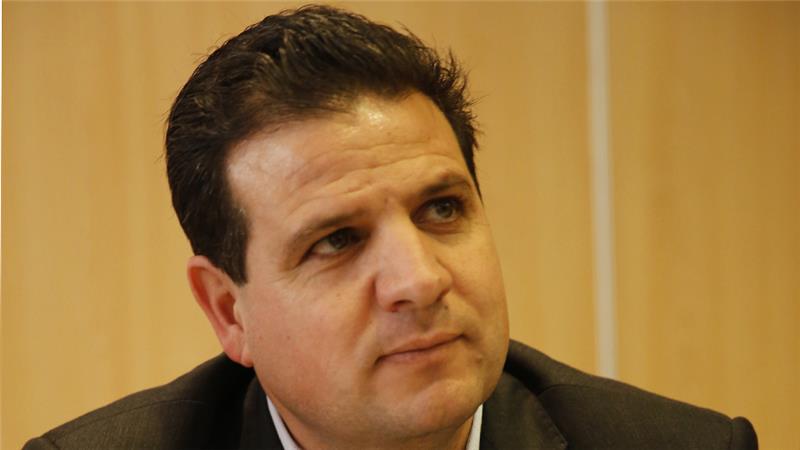With so much justified concern over Israel’s occupation, it’s easy to forget about the challenges facing the country’s Palestinian citizen minority. Last year’s Israeli elections brought “Arab Israelis” – now numbering roughly 20 per cent of Israel’s population – to centre stage, first by Prime Minister Benjamin Netanyahu’s chilling statement that the Arabs “were coming to vote in droves,” and then by the 13 seats won by the Joint List, headed by Ayman Odeh, making it the third-largest Knesset bloc.
I sat with Odeh recently over fair-trade coffee and pecan squares at a Bridgehead coffee shop in Ottawa, where he was between meetings with members of Parliament. With his hosts – members of the Palestinian-Canadian community – nearby, Odeh and I spoke in our best common language: Hebrew.
READ: PURSUE CONFLICTS CONSTRUCTIVELY INSTEAD OF INTIMIDATING ARTISTS
Odeh is serious, focused and warm. His message is simple and compelling: extend equality and deepen democracy in Israel. He is troubled by the discrimination he sees as rampant. There is the disparate school funding issue. There is the fact there are hundreds of towns and villages from which Arab residents are effectively barred due to vague “social suitability” criteria. There are the dozens of unrecognized villages in the Negev. And there is the fact that hundreds of “Jewish” towns have been built since 1948, but hardly any Arab towns. (Whether Jews or Arabs can easily live in “each other’s” towns partly depends on access to schooling in their own language.)
While he’s a “big supporter” of the Hand in Hand bilingual school network, he would like to see widespread curriculum reform.
Having been raised in the mixed Arab-Jewish city of Haifa, Oded is passionate about coexistence and educational biculturalism. “I love the poetry of Shaul Tchernichovsky and of Rachel [Bluwestein Sela]. It enriches me. I know about the history of the Jews, the pogroms, anti-Semitism, and the Holocaust.”
But he is frustrated that Jewish schoolchildren don’t learn Arabic as a matter of course, and what’s more, the Ministry of Education severely truncates the study of Palestinian history and culture. “They let us study Palestinian poetry from 100 years ago, but nothing about contemporary Palestinian struggles.”
He realizes that there is a broader state-building aim to this – one that rubs up uncomfortably against Palestinian identity. The goal of the Jewish-Israeli establishment, as Odeh perceives it, is to “build an Arab-Israeli identity” divorced from its Palestinian roots. “We want to be 100 per cent citizens,” he tells me, but “this can only be done in a democratic, equal state for everyone.”
While he declares support for any non-violent struggle against the occupation, including boycott, divestment and sanctions (BDS), he is a passionate believer in a two-state solution and is not afraid to push back on BDS advocates who advance different goals. Believing Palestinian Authority President Mahmoud Abbas to be “pragmatic” and committed to “peace and the two-state solution,” Odeh blames Netanyahu for the lack of progress toward peace.
Odeh returns to the theme of the collective good frequently. “If we’re talking about the end of the occupation, it’s a joint interest. Same with democracy and equality in Israel.”
READ: IT’S TIME TO WIDEN THE DEBATE ON ISRAEL AND PALESTINE
At least one Israeli establishment figure, Avrum Burg, a former speaker of the Knesset, has cast his lot with Hadash (Odeh’s home party). In a recent podcast, Burg said that it’s time for Israel to end “Jewish privilege.” Most Israeli Jews, though, fear a loss of power. A recent Pew study revealed that 79 per cent of Israeli Jews say that when it comes to other citizens, Jews “deserve preferential treatment.”
I asked Odeh whether, if his vision were to succeed, Israelis might, over time, lose their culture, their language or the rhythms of life in a Jewish state. “We have a real problem,” he replies, whereas “you are talking about theoretical problems.”
Ultimately, he says, in a message that’s hard to argue with, “universal values protect the rights of all citizens.”
